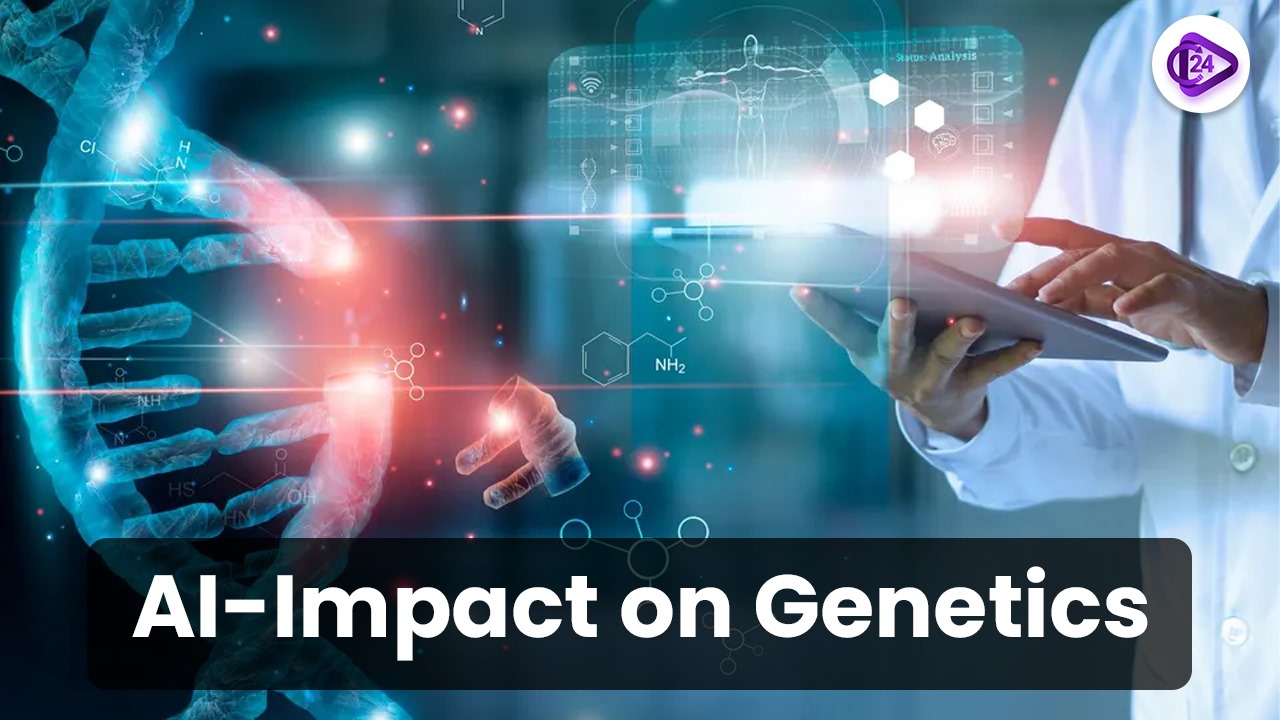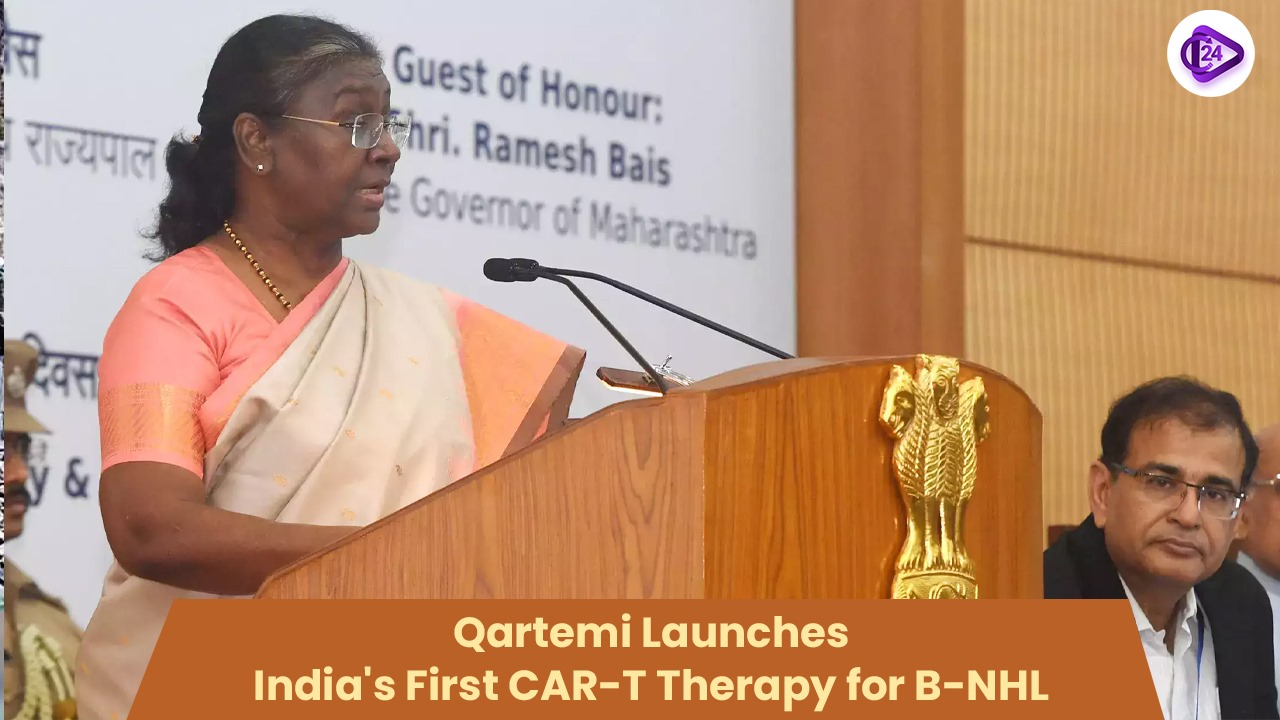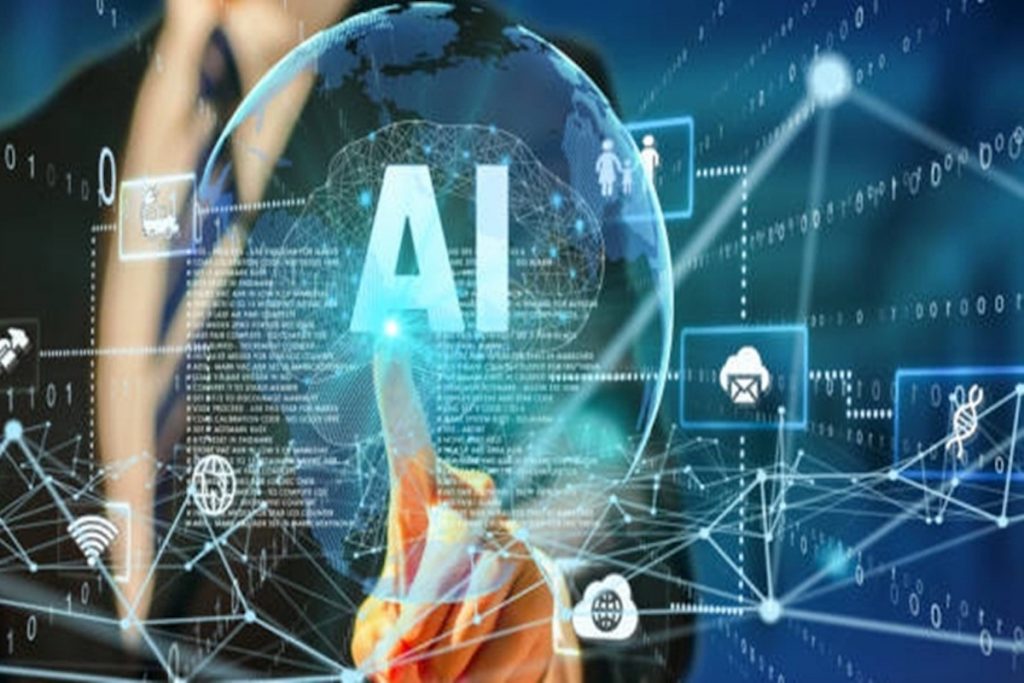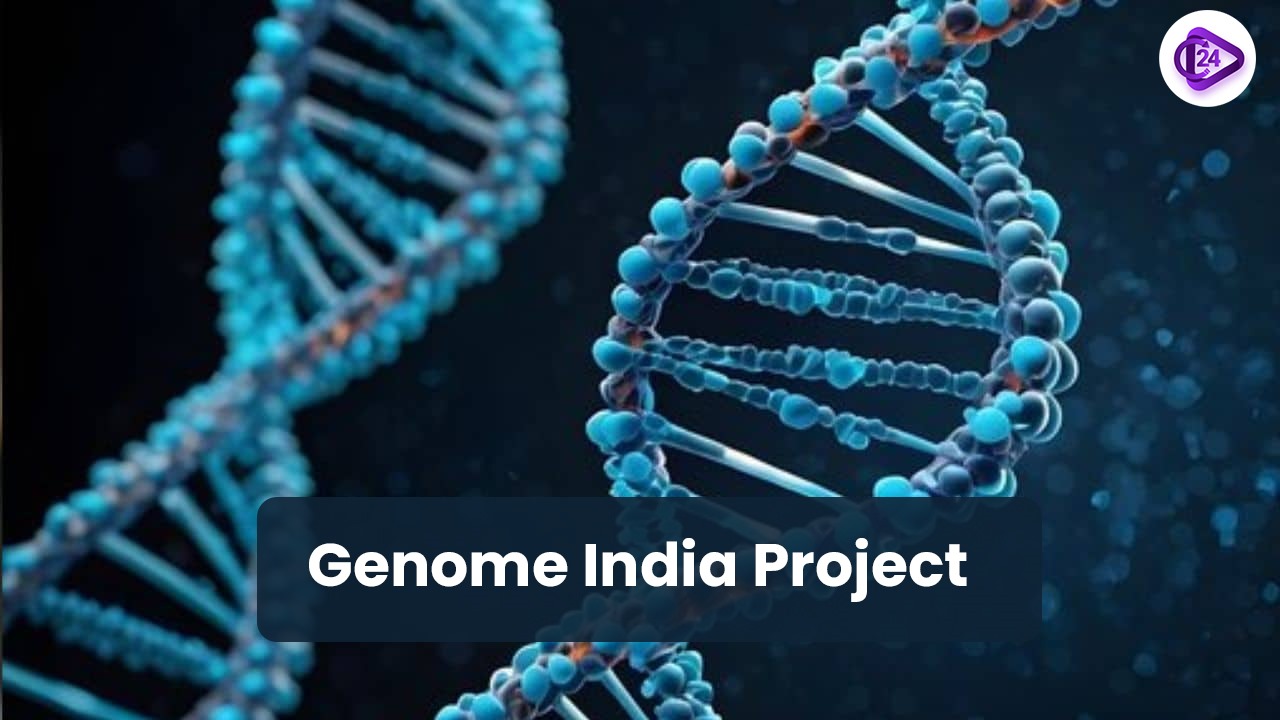
By turning genetics into a faster subject AI progresses both scientific inquiry and healthcare individualization and generates enhanced genomic data sequences. The technology expedites the investigation of genetic origins thus speeding up and reducing expenses when sequencing patient information. Modern precision medicine benefits from AI treatment strategies that learn from genetic patient profiles. The integration of AI in genetics depends on resolving ethical issues regarding data privacy security as well as bias and informed consent standards.
AI’s Role in Genetics
Genetic research receives multiple benefits from AI technology, allowing better research development, individual healthcare improvement, and enhanced clinical practices. The system excels at processing big data quantities and finding complex patterns which humans cannot reproduce which makes it effective for genetics work.
Enhancing Genetics Research
-
Accelerating Data Analysis:
-
Through AI the analysis of enormous genetic data becomes possible for detecting relationships between disease pathology and gene variations. AI-processed large data sets enable scientists to discover new disease-causing genes which leads to improved diagnostic accuracy along with more tailored treatment options.
-
-
Improving Genomic Sequencing:
-
Artificial Intelligence tools make genomic sequencing more efficient as well as more accurate while decreasing its cost and duration. The fast reading of DNA sequences by AI-powered technologies has led to cheaper genomic research which institutions at all levels can now conduct.
-
Personalizing Healthcare
-
Personalized Therapies:
-
AI algorithms can benefit an individual’s genetic needs by identifying personalized medical care suggestions. These personalized medicines create genetic profiles to formulate demonstrated treatments, which can reduce adverse drug reactions and improve health outcomes based on genetic differences.
-
-
Predicting Disease Risk:
-
Medical institutions employ AI to detect individuals who face elevated genetic disease risks thus making possible effective preventive steps before disease occurrences. Advanced disease management of cancer, heart disease, and diabetes enables healthcare systems to experience reduced pressure.
-
Data Privacy and Related Concerns
-
Protection of Genetic Data:
-
Genetic data possesses great sensitivity because it reveals both medical specifics of patients along with familial information and potential forthcoming medical challenges. The capacity of AI to analyze big data leads to an increased danger of genetic information falling into the wrong hands for potential discriminatory use cases within employment and insurance.
-
-
Bias in AI Algorithms:
-
Inaccurate and unfair results will appear when AI systems use training data that includes biased and incomplete information. The under-representation of particular populations could produce incorrect predictions that would impact healthcare choice accuracy leading to more disparities in healthcare.
-
-
Data Security:
-
Enhanced security measures are much needed for AI-driven genetic data analysis to prevent unauthorized access or misuse of sensitive biological details.
-
Consent and Ownership of Data
-
Informed Consent:
-
When AI helps with genetic testing people must get detailed information about the usage of their genetic information and accessibility to it and all potential risks involved. Clear communication along with transparency acts as the foundation for keeping public trust intact.
-
-
Data Ownership:
-
Genetic data ownership continues to spark ongoing controversies in present times. People should keep absolute control or business entities and scientific investigators can access this data for alternative purposes. Every person needs ownership of their data as this provides essential protections for both ethical processing and personal privacy rights.
-
Conclusion
-
AI’s Potential in Genetics:
-
The application of artificial intelligence in genetics enables the fast advancement of scientific study along with individualized medical care and better diagnostic equipment development. The process of creating specialized treatment solutions from genetic information shows great potential as a foundation for precise medical care and illness avoidance methods.
-
-
Balancing Innovation with Ethics:
-
The combination of AI technology with genetics faces important moral problems because of data confidentiality together with computational bias and patient right to know. The implementation of robust law governance structures will protect both societal advantages from AI technology and privacy rights and unbiased practices.
-




 Indian Astronaut Shubhanshu Shukla to Pilot Axiom-4 Mission to International Space Station(ISS)
Indian Astronaut Shubhanshu Shukla to Pilot Axiom-4 Mission to International Space Station(ISS) ISRO’s 100th Mission: NVS-02 Satellite Launch in January 2025
ISRO’s 100th Mission: NVS-02 Satellite Launch in January 2025 Qartemi Launches India's First Approved CAR-T Therapy to Treat B-NHL Patients
Qartemi Launches India's First Approved CAR-T Therapy to Treat B-NHL Patients SCOT Mission: Pioneering Space Surveillance with Precision Tracking of Resident Space Objects
SCOT Mission: Pioneering Space Surveillance with Precision Tracking of Resident Space Objects Maharashtra Pioneering Move: Forming India’s First AI Policy
Maharashtra Pioneering Move: Forming India’s First AI Policy Genome India Project: Unlocking the Genetic Landscape of the Nation
Genome India Project: Unlocking the Genetic Landscape of the Nation ISRO Achieves Major Milestone with Successful SpaceX Mission
ISRO Achieves Major Milestone with Successful SpaceX Mission India’s First Private Satellite Constellation ‘Firefly’ Marks a Milestone in Space Innovation
India’s First Private Satellite Constellation ‘Firefly’ Marks a Milestone in Space Innovation Bhargavastra: India’s Indigenous Micro-Missile System for Counter Drone Threats
Bhargavastra: India’s Indigenous Micro-Missile System for Counter Drone Threats






